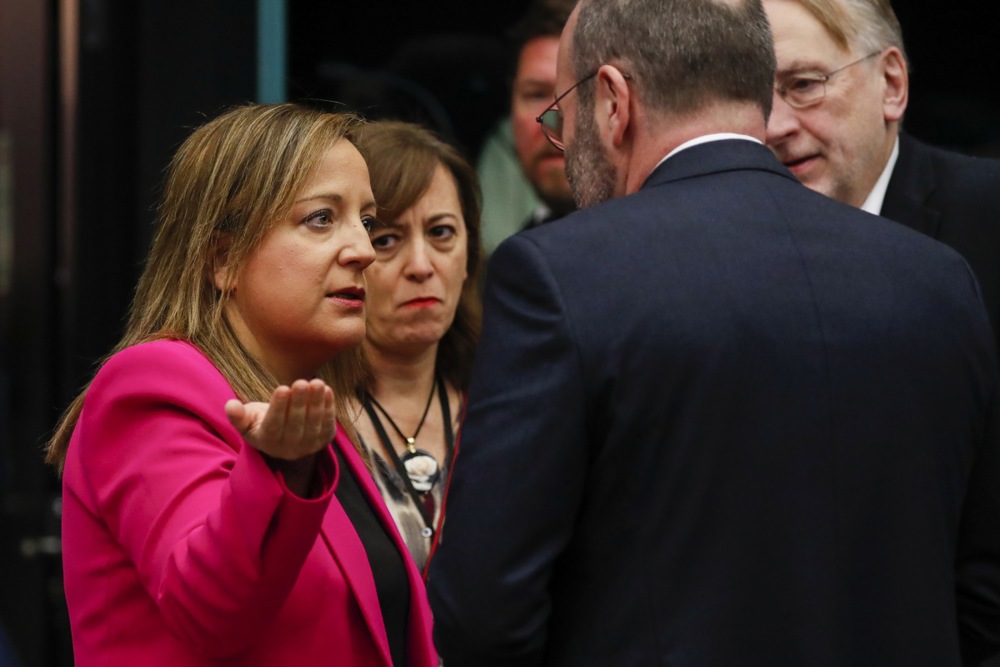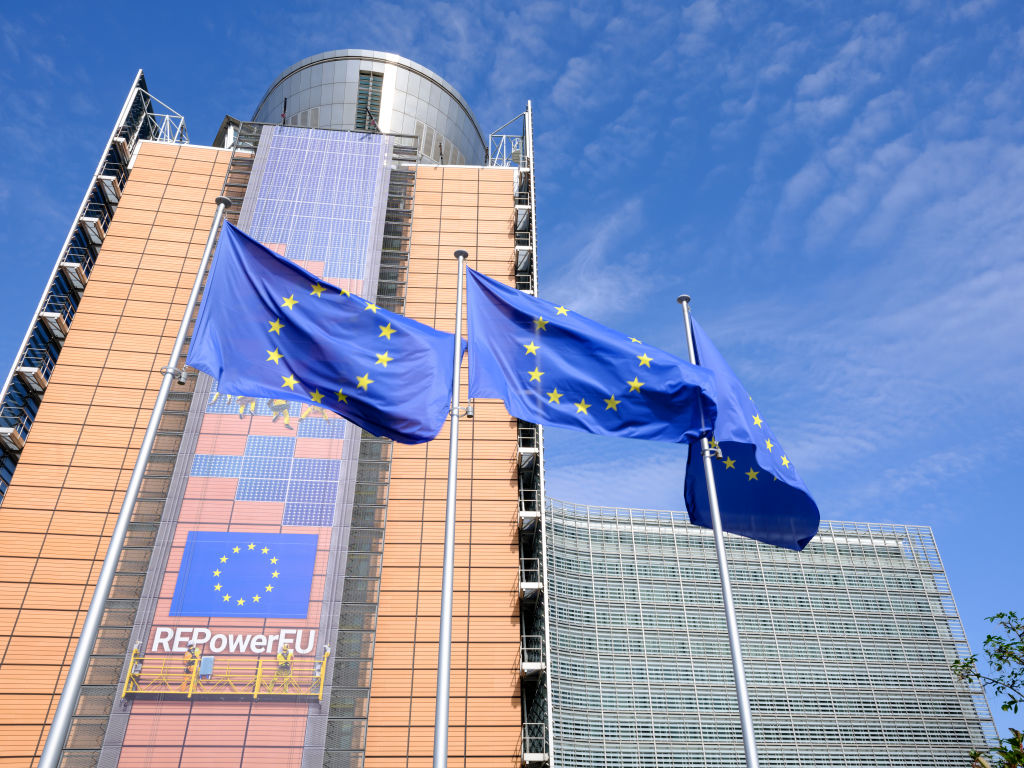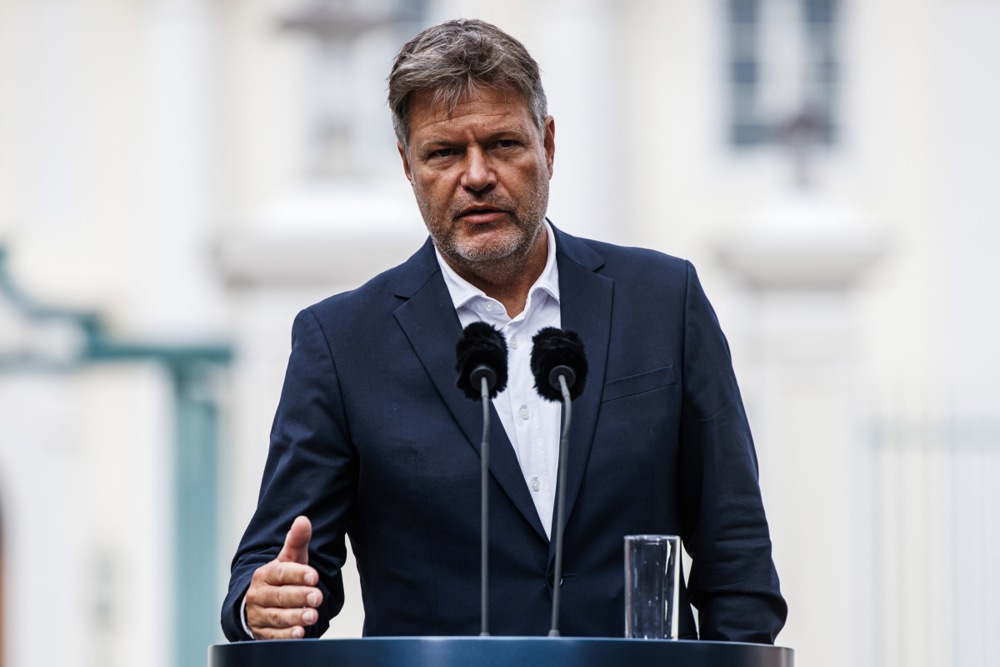Spain’s left-wing coalition decision to pardon Catalan separatists has split the European Parliament.
The Right decried the Left for remaining silent on the issue, which the Right says is a violation of Spain’s rule-of-law.
The Left responded, saying that the Right’s concern was cynical and accused it of allying with more hard-line populists.
On November 22, a debate on the amnesty deal’s impact on Spain’s rule of law was brought before the Strasbourg parliamentary plenary.
“I think we are expecting a quite lively debate,” said Parliament Vice-President Evelyn Regner, who was moderating, before warning the attending MEPs to “respect the dignity and reputation of the European Parliament”.
Having caused conflict in Madrid, the amnesty deal is now raising tempers across the European Union.
In return for supporting Spanish Prime Minister Pedro Sánchez’s return to the premiership, the left-wing Government has promised amnesty to the Catalan leaders for their 2017 attempt to gain independence.
Manfred Weber, head of the Parliament’s largest political group, the centre-right European People’s Party (EPP), reprimanded what he called the stubbornness of his usual centre-left and left-wing allies.
“Here in this House, Socialists, Greens and The Left were not even ready to allow a debate, a simple debate, about what’s happening in Spain” he said, adding that they had therefore “lost all credibility to defend the rule of law … [in the European Union] with such behaviour”.
“The Left is silent in this House – but Europe is not.”
On the Left side of the aisle his opponents could be seen struggling to bite their lips.
President of the centre-left S&D Group Iratxe García Pérez said: “Do you want to discuss the threats to the rule of law in Spain? Well, I will tell you what the major threats to our democracy are.”
Pérez began listing scandals that had occurred under the Spain’s centre-right Popular Party, including the illegal surveillance of its political opponents and its own failure to renew and reform Spain’s judicial bodies.
“Mr Weber, there is no greater attack on the rule of law than your alliance with the far-right,” she said.
On the Right side of the aisle, Weber’s MEPs could be seen smirking.
Accusations flew from all sides that every group’s opponents were using or had cynically and hypocritically used rule-of-law issues for their own political ends.
The centre-right accused the Left of being “selectively blind” to the issue since it had been keen to enforce rule-of-law concerns against conservative governments in Hungary and Poland.
MEP Jean-Paul Garraud of Marine Le Pen’s nationalist Rassemblement National party took what he said was the Left’s inconsistency as “evidence” that such rule-of-law concerns had been used as a political tool all along.
“Commission, always quick to criticise Hungary and Poland for not respecting the rule of law, remains silent when a Socialist government is about to circumvent the judiciary for pure political interest,” he said.
One Catalan MEP claimed all parties were hypocrites as Madrid’s 2017 crackdown on Catalonian independence was itself a violation of the rule of the law.
It appeared that the other EU institutions present were also being sucked into the row.
Ángeles Moreno Bau, a Spanish diplomat representing Spain’s current presidency of the Council of Ministers, claimed the EU’s “union of values” was “being threatened” by the debate.
She insisted that the amnesty deal was “unequivocally an internal matter” for Spain.
“When we discuss national matters here in this House it can sometimes undermine our values … [and] undermine European interests.”
Didier Reynders, the European Commissioner for Justice, said that the EC’s annual report on the status of Spain’s rule of law already “raised serious concerns”, even before the amnesty deal had been announced.
He said among some of the problems were the how judges and legal officials in Spain were appointed and the “excessive” use of emergency powers by the Spanish Parliament.





